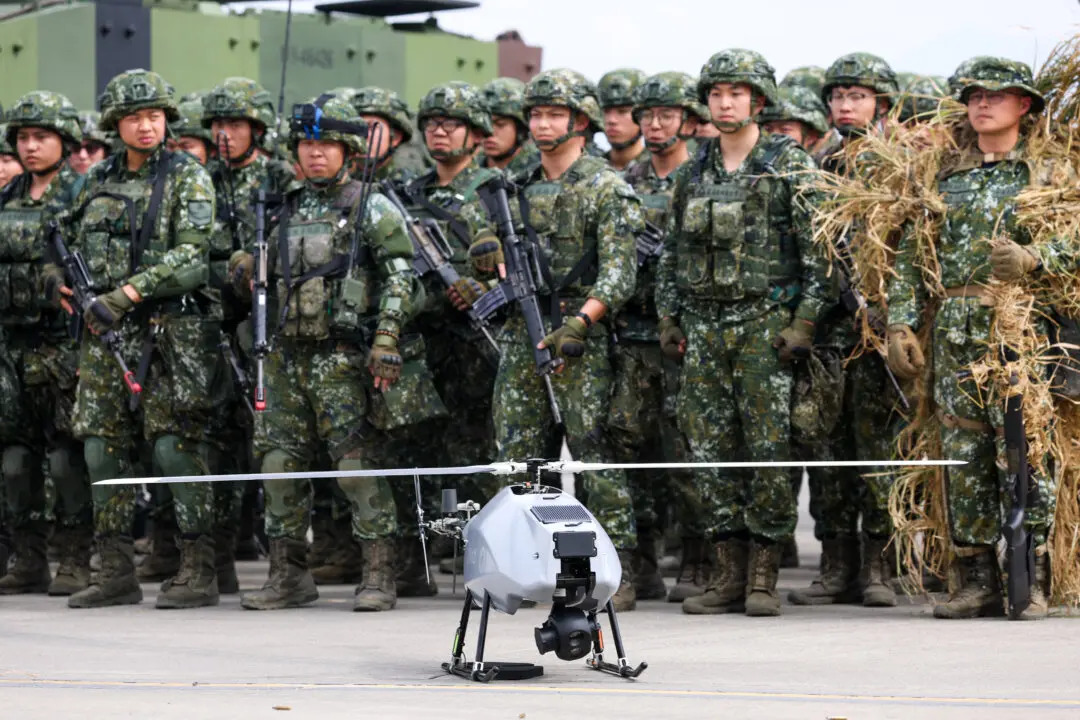Estonia is set to ban the use of Chinese tech giant Huawei’s equipment and technology in its government sector.
Paul Rikk, Estonia’s national cybersecurity policy director, said the country’s 5G network shouldn’t be equipped with Huawei equipment, according to a Sept. 13 article by Estonian news site Delfi.





